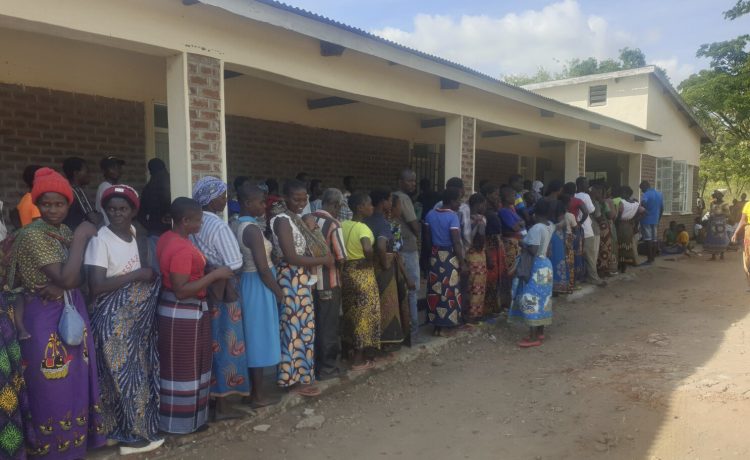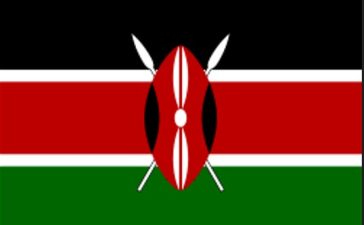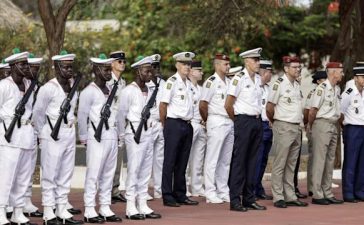A national emergency food distribution campaign commenced Thursday in Chikwawa, aiming to provide relief to 5.7 million people affected by severe hunger caused by the ongoing drought across southern Africa. This initiative comes as the region faces one of its worst climatic crises, with millions at risk of starvation due to failed harvests and exacerbating economic conditions.
The campaign is part of a larger effort by the Malawian government and humanitarian organizations to combat the food insecurity that has left many communities struggling for survival. Local authorities and NGOs are mobilizing resources to ensure that the most vulnerable populations receive the necessary support in the form of food rations and nutritional assistance.
In a related development, thousands of refugees from neighboring Burkina Faso are pouring into the northern Ivory Coast, fleeing a surge of extremist attacks and violence perpetrated by an army-backed civilian militia. The influx of displaced individuals is straining resources in Ivorian towns, where local communities are stepping up to provide shelter and assistance amid rising tensions.
This dual crisis—widespread hunger in Malawi and the refugee emergency in Ivory Coast—highlights the broader challenges facing many African nations as they navigate the impacts of climate change, conflict, and instability. Both situations have drawn attention from international aid organizations, emphasizing the urgent need for coordinated relief efforts to address the humanitarian needs of affected populations.
As these crises unfold, the international community continues to monitor the situation, advocating for increased support to stabilize regions affected by drought and violence. The need for comprehensive strategies to address both immediate and long-term challenges remains critical in fostering resilience in vulnerable communities across the continent.







